Better biomarkers
New funding will help Seaside Therapeutics, a Massachusetts-based company, develop biomarkers to track the success of treatments for autism, says Aileen Healy.
Expert opinions on trends and controversies in autism research.
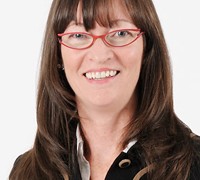
New funding will help Seaside Therapeutics, a Massachusetts-based company, develop biomarkers to track the success of treatments for autism, says Aileen Healy.
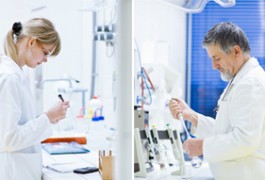
Late this summer, a paper from Yale University researchers led by Jo Handelsman delivered some sobering news: There is still a clear bias against female scientists. The findings confirm the impression of many women in science, at all career levels, who feel undervalued.
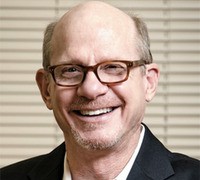
Several studies in the past two years have claimed that brain scans can diagnose autism, but this assertion is deeply flawed, says Nicholas Lange.
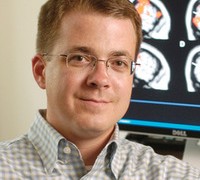
Head movement can bias brain imaging results, undermining a leading theory on the cause of autism, say Ben Deen and Kevin Pelphrey.
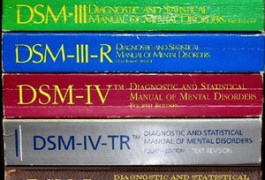
We are on the verge of a seismic shift in the definition of autism spectrum disorders, says David Skuse. Under proposed guidelines for autism diagnosis, the canard that most people with the disorder cannot speak, or have such disordered language that they cannot sustain a conversation, has been abandoned.
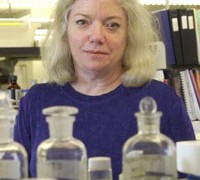
A new study shows that long-term treatment with oxytocin, a hormone that typically enhances social bonds, can have unexpected consequences, says Sue Carter, a research scientist at RTI International.
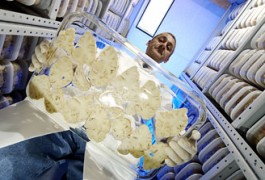
Lessons learned from postmortem studies of schizophrenia are applicable to research on autism, a disorder for which brain tissue has not been as well studied, say Allison Curley and David Lewis.
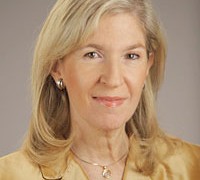
New standards for animal studies, including an emphasis on replicating results and the publication of negative findings, are vital for research progress, says Jacqueline Crawley.
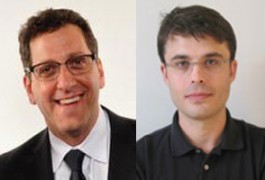
Rapid progress in gene discovery and an emerging map of the molecular landscape of normal brain development are presenting unprecedented opportunities to unravel the biology of autism spectrum disorders, say Matthew State and Nenad Sestan.






